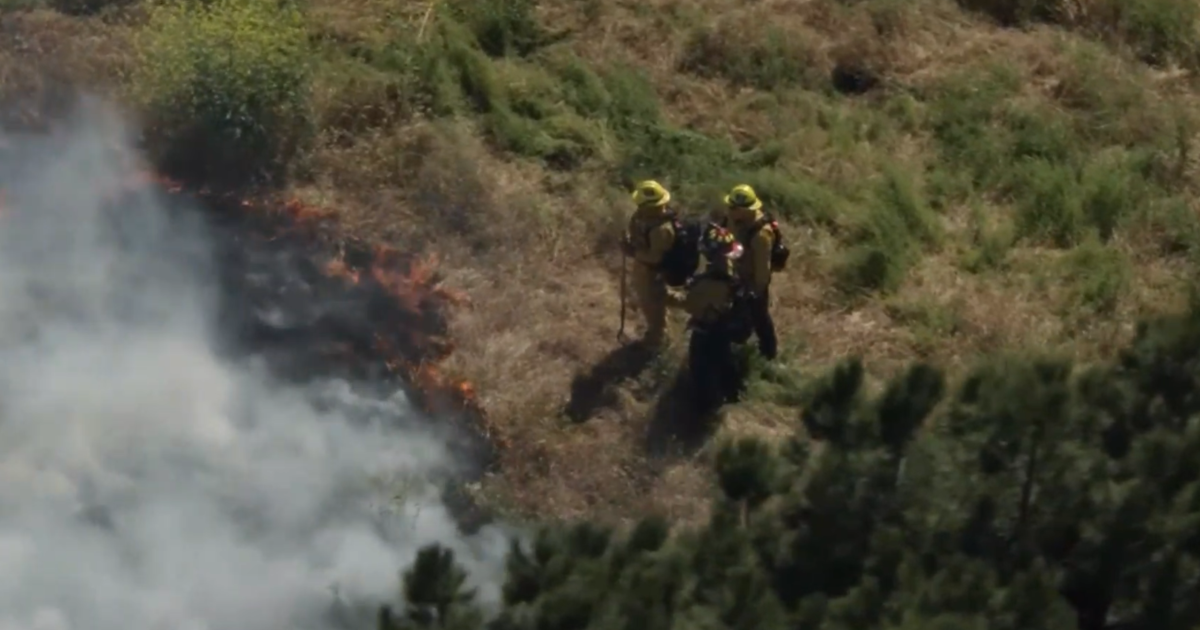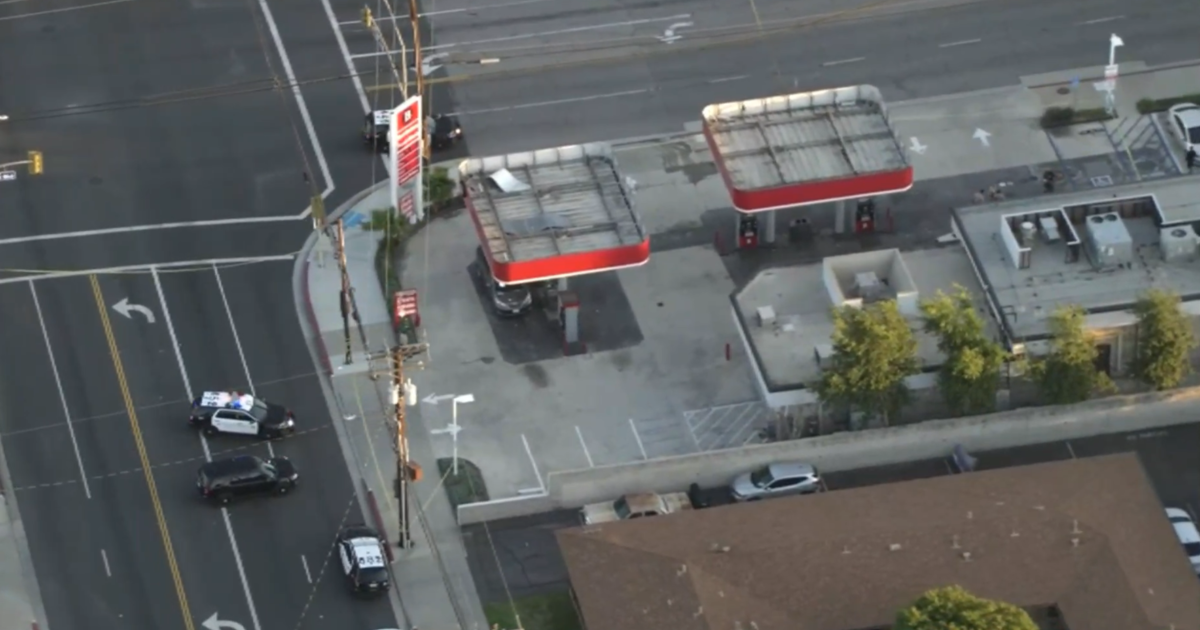Wisconsin sees first February tornado on record amid summer-like conditions
A tornado struck Wisconsin on Thursday, marking the first time on record that such an event has happened in the state in February, the National Weather Service confirmed.
The service said at least one confirmed tornado caused damage across several cities, saying this is the first such time a tornado has hit the state since record-keeping began in 1948. "Snapped" power poles, garages and roofs were among the reported damage, according to the service, as severe storms blasted through the state, threatening winds of up to 50 mph and quarter-sized hail.
The tornado, which was confirmed to have touched down just west of Edgerton at 6 p.m., struck amid "well above average to near record highs" that continued through Friday, forecasters said, and just before a cold front is expected to bring in cooler temperatures through the weekend.
CBS affiliate WISC-TV reported some community evacuations overnight, including Rock County, whose emergency officials said there were only minor injuries reported due to the tornado, and no deaths.
CBS affiliate WDJT-TV reported that while this is the first tornado to ever strike Wisconsin in February, it's not the earliest tornado to hit during a calendar year. While most tornadoes strike the state in the warmer months between May and August, there have been three tornadoes to hit the state in January. This one, however, will be the third earliest tornado to hit in the state's recorded history and marks the first time the state issued tornado warnings during the month, the station said.
An Evansville resident managed to capture video of the tornado, showing it as it funneled across an eerily dark sky on Thursday. A siren can be heard in the background, with someone laughing and repeatedly saying, "holy s---" as the funnel cloud sweeps out of view.
Tornado season usually brings, on average, more than 1,000 of the storm systems nationwide. These systems require specific winds and warm and moist air to form, with the latter expected to increase as global temperatures continue to rise. But some climate models have shown that there will also be a decrease in the wind shears that are also needed for tornadoes to form, leaving questions about what climate change will mean for these kinds of extreme weather events.
But experts say regardless that "tornado alley" – the area of the U.S. most prone to these kinds of storms – is shifting from the Plains to the Southeast.
"These tornadoes are sort of changing and not only when they occur – getting a little bit further eastward – but changing in their intensity," extreme weather and climate researcher Victor Gensini previously told CBS News.
Meteorologist and climate scientist John Allen also told CBS News that predicting storms is already a difficult task, so better predicting tornadoes in the future, with climate change, is even moreso. However, experts believe that climate change could transition tornado season from its usual months to other times of the year. And when tornadoes do form, they could "go off more with a bang."
"The idea here is basically like a lid on a pot," Allen said, comparing rising temperatures to the lid. " ... And storms form when they break through that lid. But if you keep on increasing the strength of the lid, you weld it to the pot, that lid gets harder and harder to break, and so the energy has to be stronger and stronger from the surface to do so."




